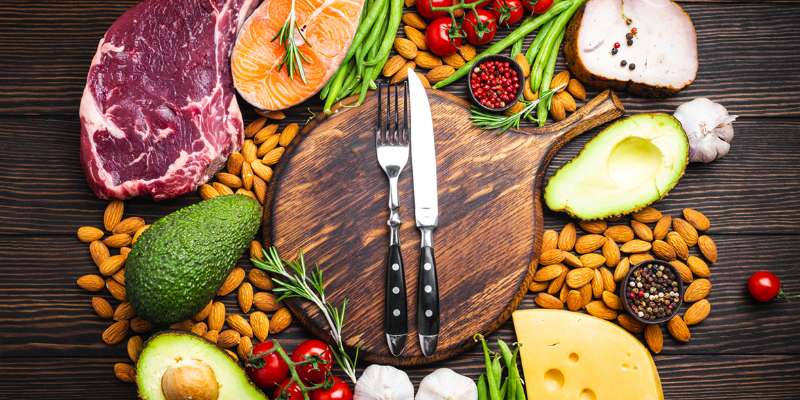Consuming a moderate amount of protein from a range of different sources, including whole grains and red meat, may help to prevent the development of high blood pressure, researchers have said.
A study of data from 12,200 adults in China examined their protein consumption, with each person given a protein ‘variety score’ according to the range they ate, covering whole grains, refined grains, processed red meat, unprocessed red meat, poultry, fish, egg and legumes.
- Man puts type 2 diabetes into remission 23 years since diagnosis
- Couples often have similar body shapes, blood pressure levels and incidence of some diseases, new study shows
High blood pressure can lead to cardiovascular disease, and heart attack, stroke and other complications.
Study participants with the highest score for protein variety had a 66% lower risk of going on to develop high blood pressure, compared to the those with the lowest rate of protein variety.
In addition, those most at risk of developing high blood pressure were those who ate the least and most amount of total protein.
Study author Dr Xianhui Qin, of the National Clinical Research Center for Kidney Disease at Nanfang Hospital in China, said: “Nutrition may be an easily accessible and effective measure to fight against hypertension. Along with fat and carbohydrates, protein is one of the three basic macronutrients.
- How to lower blood pressure
- Couples often have similar body shapes, blood pressure levels and incidence of some diseases, new study shows
“The heart health message is that consuming a balanced diet with proteins from various different sources, rather than focusing on a single source of dietary protein, may help to prevent the development of high blood pressure.”
With a strong link between poor diet and risk of cardiovascular disease, the American Heart Association published guidance in 2021 with advice on healthy sources of protein, including plants, seafood, low-fat and fat-free dairy products. The Association recommends a daily intake of one to two servings, or 5.5 ounces, of protein.
The study has been published in Hypertension.




